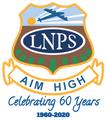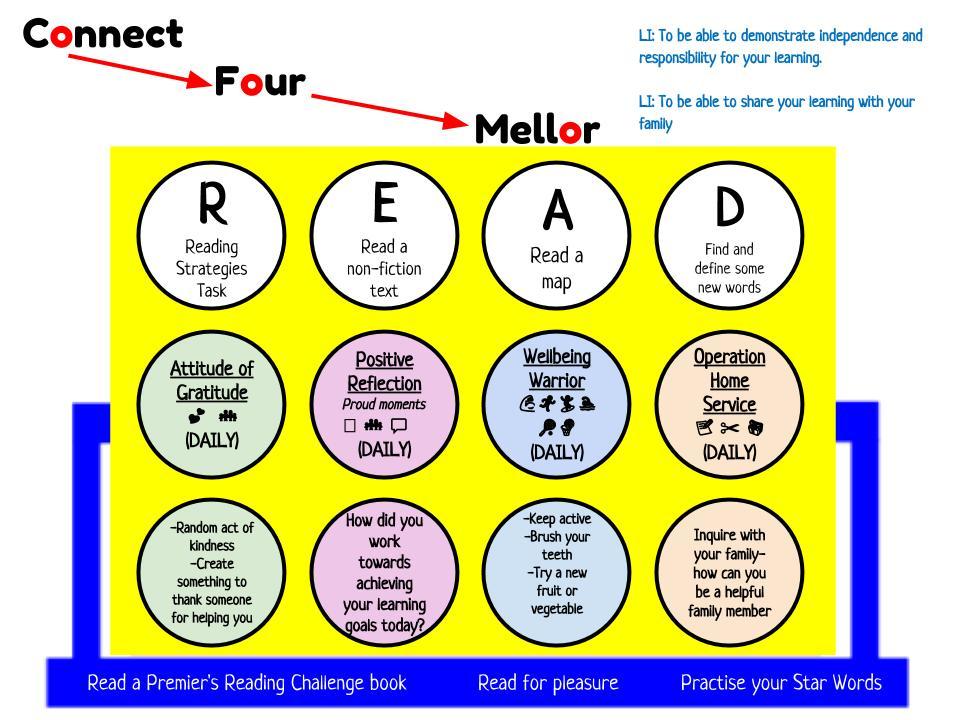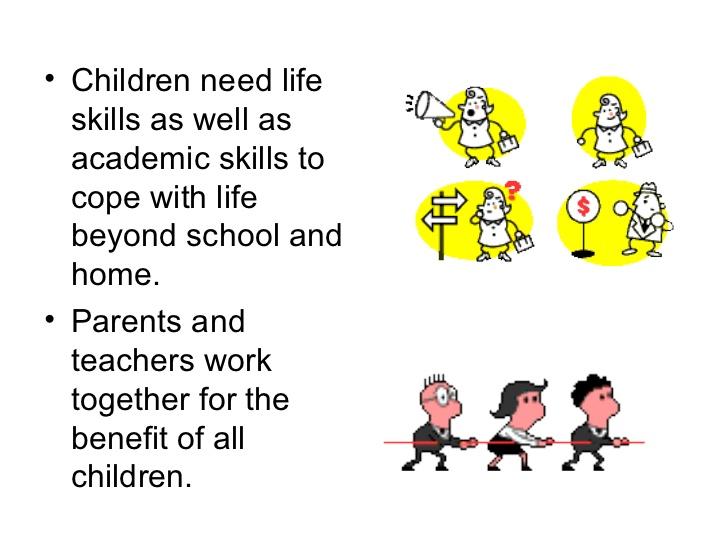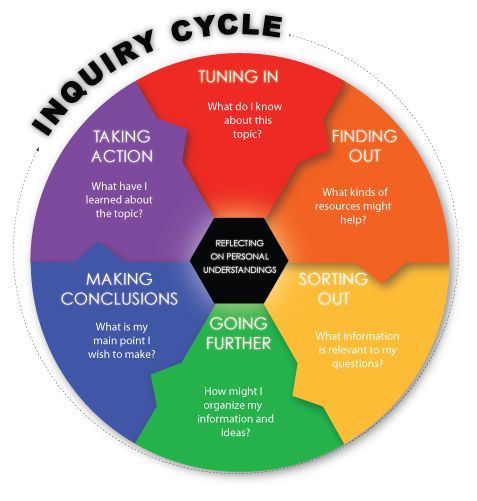Discover
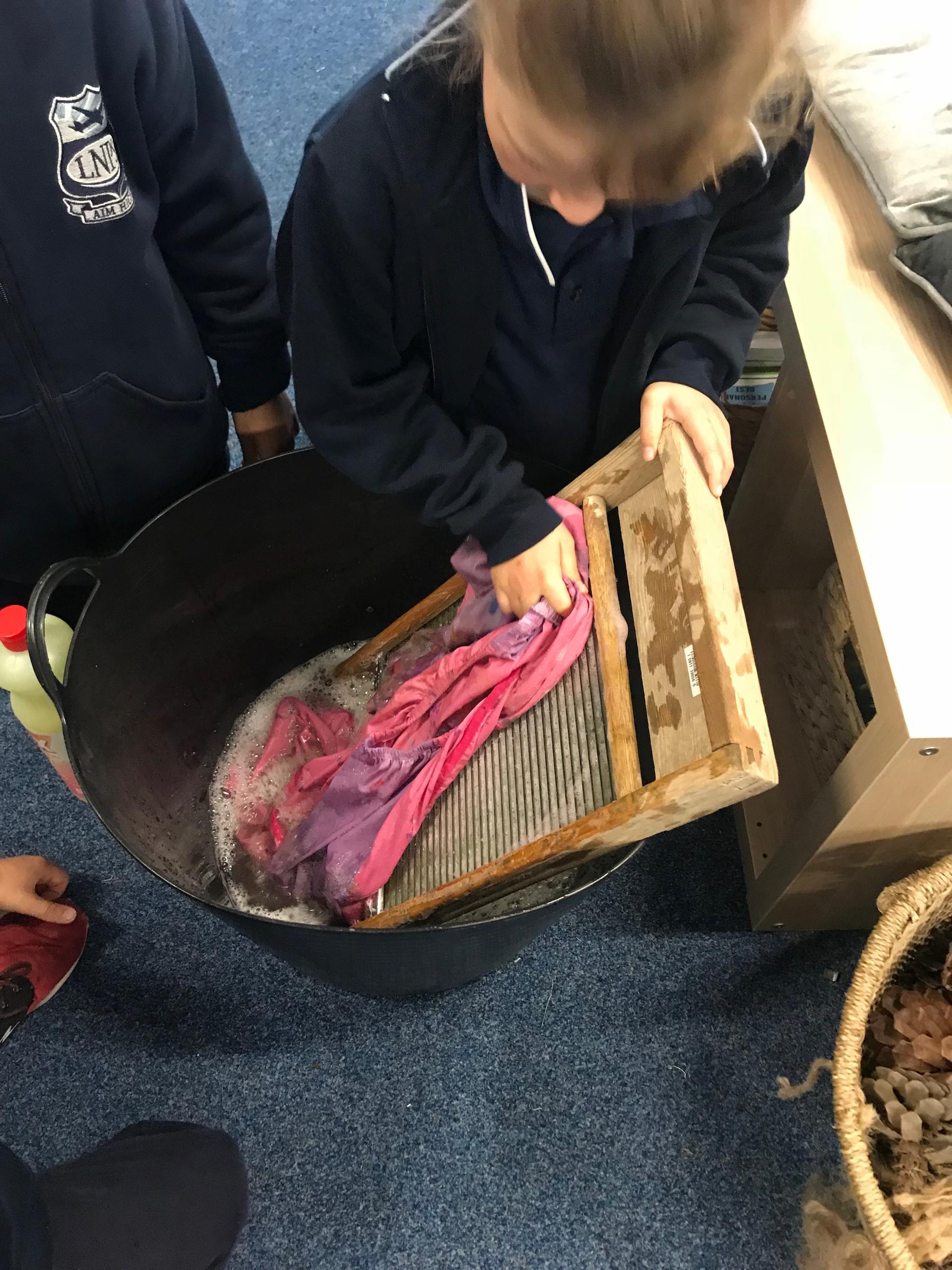
Homework Grid
At LNPS we have a whole school agreement to provide a homework grid. The homework grid is for the children to complete at home and share with their family. The Homework Grid philosophy emphasises diversity, family life and active pursuits. It gradually increases in time and complexity from Reception to Year 7.
The homework grid recognises that there are a wide range of after school activities. It encourages positive family interactions and allows a relaxed time for children to pursue their own learning. Children need life skills as well as academic skills to cope with life beyond school and home. The homework grid allows children to practise concepts learnt at school. It includes work done at home for home - eg shopping, housework, etc. As a member of the family, children need to contribute to the family. It includes physical activity, eg sport training, going for walks, etc. and activities that enhance family life, eg being read to, playing games as a family, cultural activities, etc.
The Mellor homework grid will now have a new look. It will now be called Connect 4.
Inquiry
What is inquiry? – The Characteristics.
Inquiry based learning is a form of active learning that starts by posing questions, problems or scenarios - rather than simply presenting established facts or portraying a smooth path to knowledge. The overall goal is for students to make meaning. While teachers may guide the inquiry to various degrees (externally facilitated) and set parameters for a classroom inquiry, true inquiry is internally motivated. In Inquiry Learning, students take the lead and the teacher's role is to support students in their inquiry by helping students to refine their thinking with questions that enable students to work out what they need to do next. Another part of the teacher's role is to have a wide range of resources that students can independently choose and use in their learning. Inquiry based learning is an umbrella term that incorporates many current learning approaches (including project based learning, design thinking) and may take various forms, depending on the topic, resources, ages and abilities of students and other variables.
Inquiry learning:
Recognises the importance of substantial knowledge
Promotes the ability to ask higher order questions
Contributes to the development of creative and effective problem solvers
Increases the motivation and engagement of students
Encourages cooperative group work as well as independent learning
Requires students to become information literate
Cultivates habits of mind such as critical and creative thinking
Develops in students a sense of social responsibility and personal values
Increases an understanding of the student’s own cognitive processes
Shifts from teacher-centred activity to student-centred learning
Develop skills for lifelong learning
Geography.
This semester in HASS, students will be working through a Geography unit. The question that we are posing is, “How do we connect to places?” This unit is focussed on the world around us. We will focus on some of the following : What is a place? Identify the features of the place. How are we connected to places? What factors affect my connection to places? Students learn that places can have natural, managed and constructed environmental features, and range from those that have largely natural features to those with largely managed or constructed features.
As part of our Geography unit we will be going on an excursion to The Adelaide Zoo. The excursion will be held on Tuesday the 14th August. We will use the excursion as a basis for some of our Geography work and the visit will help us with working on a variety of activities.
